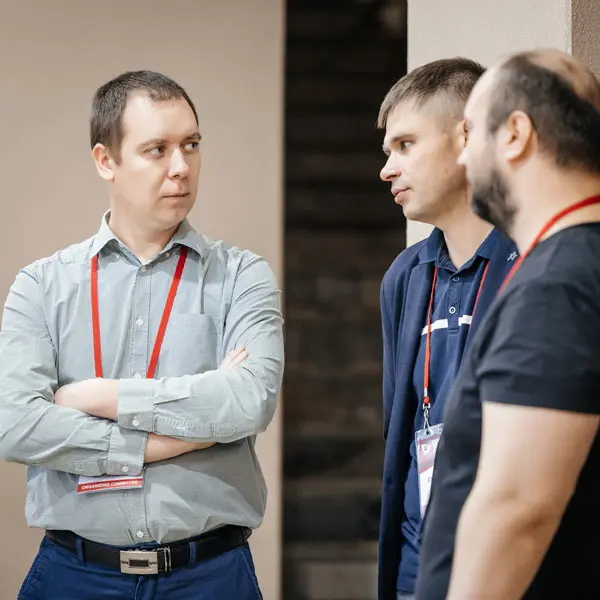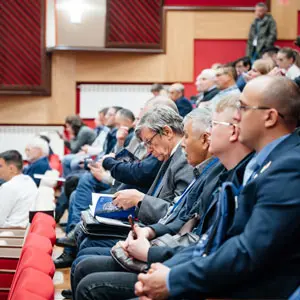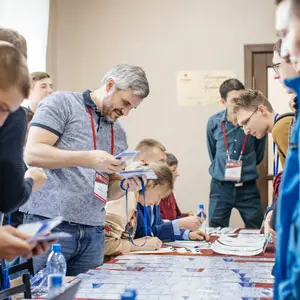On behalf of the Organizing Committee, we are glad to invite you to the 9th International Congress on Energy Fluxes and Radiation Effects (EFRE-2024).
As usual, the Congress will be held in Akademgorodok, Tomsk, in autumn. The approved dates: September 16–21, 2024.
The Congress will host four international events:
- 23rd International Symposium on High Current Electronics
- 17th International Conference on Modification of Materials with Particle Beams and Plasma Flows
- 21st International Conference on Radiation Physics and Chemistry of Condensed Matter
- 6th International Conference on New Materials and High Technologies
It will be a good platform for scientists, researchers, engineers, and industry representatives to present new developments, discuss advanced research results, and exchange ideas for successful cooperation and further progress.
The Congress will offer a broad scientific program with plenary lectures, oral and poster sessions to report on the latest achievements and applications.
Traditionally, the Congress will cover a wide range of scientific, engineering, and technical fields: pulsed power technologies; ion and electron beams; high power microwaves; plasma and particle beam sources; modification of material properties; pulsed power applications in chemistry, biology, and medicine; physical and chemical nonlinear processes excited in inorganic dielectrics by particle and photon beams; physical principles of radiation-related and additive technologies; self-propagating high-temperature synthesis; and combustion waves in heterogeneous systems, synchrotron and neutron research.
It is expected that reports, ideas, and discussions on the EFRE-2024 platform will significantly contribute to the advances in these fields of fundamental science and applications.
The Organizing Committee asks companies and organizations to demonstrate their modern products and equipment at the Congress sites.
The official languages of the EFRE-2024 Congress are English and Russian.
Sincerely yours,
EFRE-2024 team






